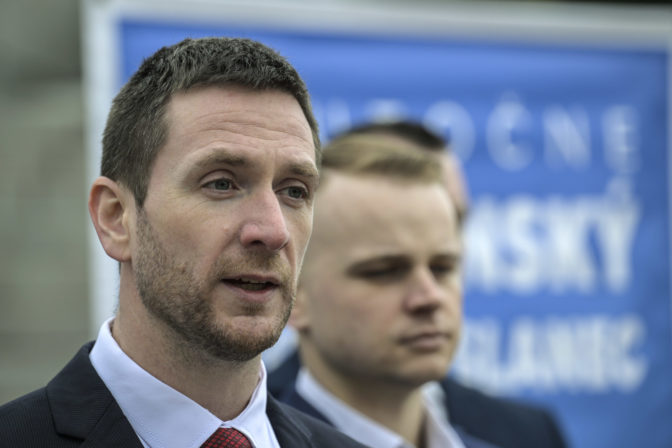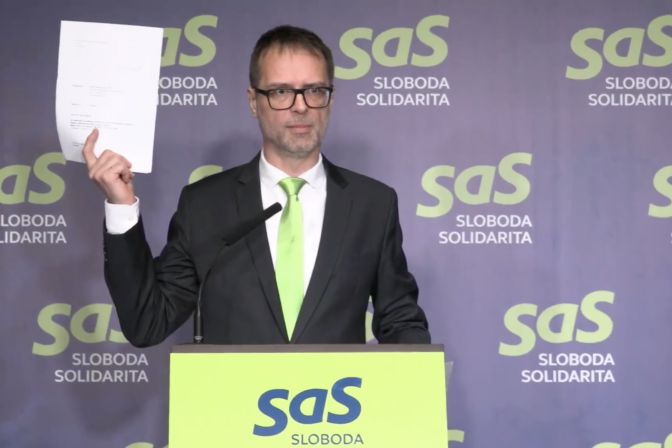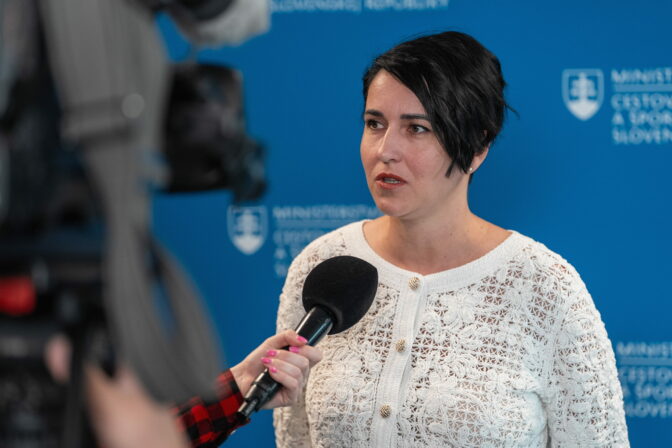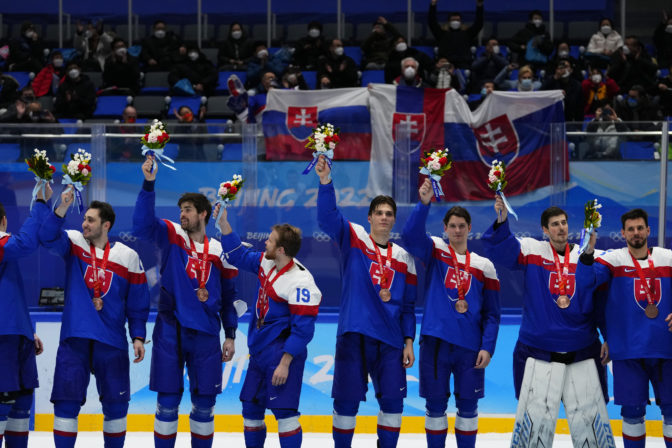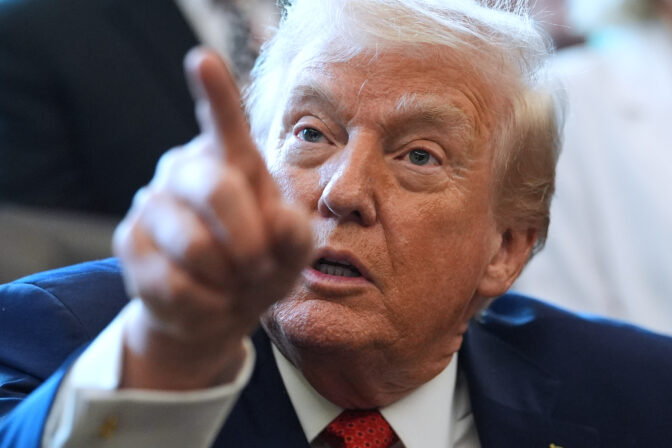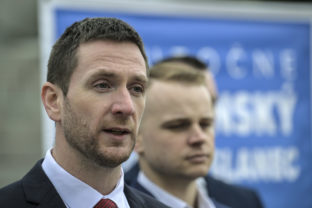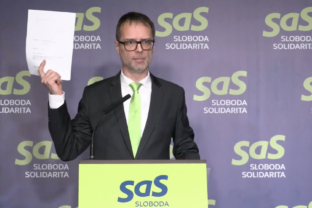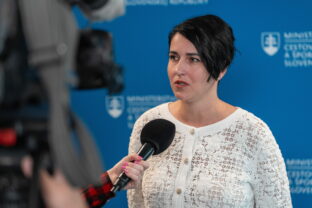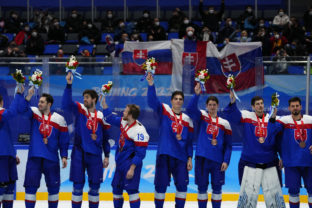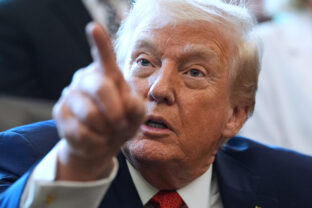BRATISLAVA, January 5, (WEBNOVINY) — The European Anti-Fraud Office, OLAF should deal with the case involving alleged documents of the intelligence service SIS named Gorila and Gorila I hinting high-profile corruption during the second government term of Mikulas Dzurinda until 2006. The material appeared on the Internet shortly before Christmas. In an apparent attempt to boost its popularity, the party Ordinary People and Independent Personalities has turned to the EU authority to investigate the case that has been making headlines in Slovakia’s papers for several weeks. “We are almost 100-percent sure that people nominated by corrupt politicians to organs of prosecution, police or judiciary can sweep this information under the carpet and they may end up covered with dust due to their inactivity, says the party’s MP Jozef Viskupovic.
The party has directly addressed OLAF head Giovanni Kessler who has the power to start and close the institution’s inquiries. The lawyer for Ordinary People Miroslav Kaduc pointed out that no institution is entitled to issue orders to OLAF, which should guarantee an independent investigation. Slovak authorities would participate in it either, he added. After involving OLAF in the case, Ordinary People expect at least independent and impartial scrutiny of the case and also that persons who have evidence pertinent to the case will make it available, as Viskupovic said.
The party of Igor Matovic believes that at least a portion of information from the Gorilla documents is true. Viskupovic thinks so because people who are main characters of the documents have not taken legal steps to protect themselves against libel. “If only ten percent is true, Slovakia has lost millions of euros,” said Kaduch. He and Viskupovic underscored that documents are several years old while law-enforcement organs dealt with them in the past but achieved no results. “We suspect that executive bodies of the Slovak Republic do not act or do not want to act,“ said Kaduch.
In their request, Ordinary People inform Kessler of the background of the case due to which Slovakia and the European Union may have lost tens or even hundreds of millions of euros. They picked the most significant „facts“ from the documents including the alleged kickbacks for privatization of energy companies Slovenske Elektrarne, SSE and Transpetrol by representatives of the financial group Penta. They added also a passage according to which the privatization of the Bratislava Airport was managed specifically by Penta.
“As the Slovak Republic participates in revenues to the EU budget, the cited facts inevitably imply that the above described facts have the influence on the EU budget,” writes the party. They also underscored that Slovakia’s political elite might be involved in the case that has under its control all elements of state power which and thus independence and impartially of investigation of state organs of the Slovak Republic might be doubted.
Viskupovic also called on the head of the government privatization agency FNM Anna Bubenikova who is mentioned in the Gorila documents as a liaison woman of Penta to step down. The party is also considering turning to the countries mentioned in the material document, namely to Germany, Italy and France. It has not only turned to OLAF but wants also to address Eurojust and the European Commission. If these three institutions ask the Prosecutor General Office for an investigation, it would have to set up a special investigation team with foreign experts [which it has already done — SITA note].
Documents Gorila and Gorila 1 testify about alleged influence of the financial group Penta on Slovakia’s politics. The extensive material describes appointment of political nominees in state-run companies, kickbacks for privatization and the web of relations between politicians, tycoons and security organs. The authenticity of the documents have not been confirmed while several persons mentioned in the files questioned the authenticity of the information it brings.
SITA

